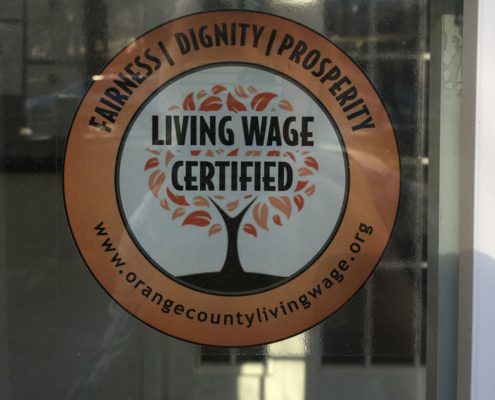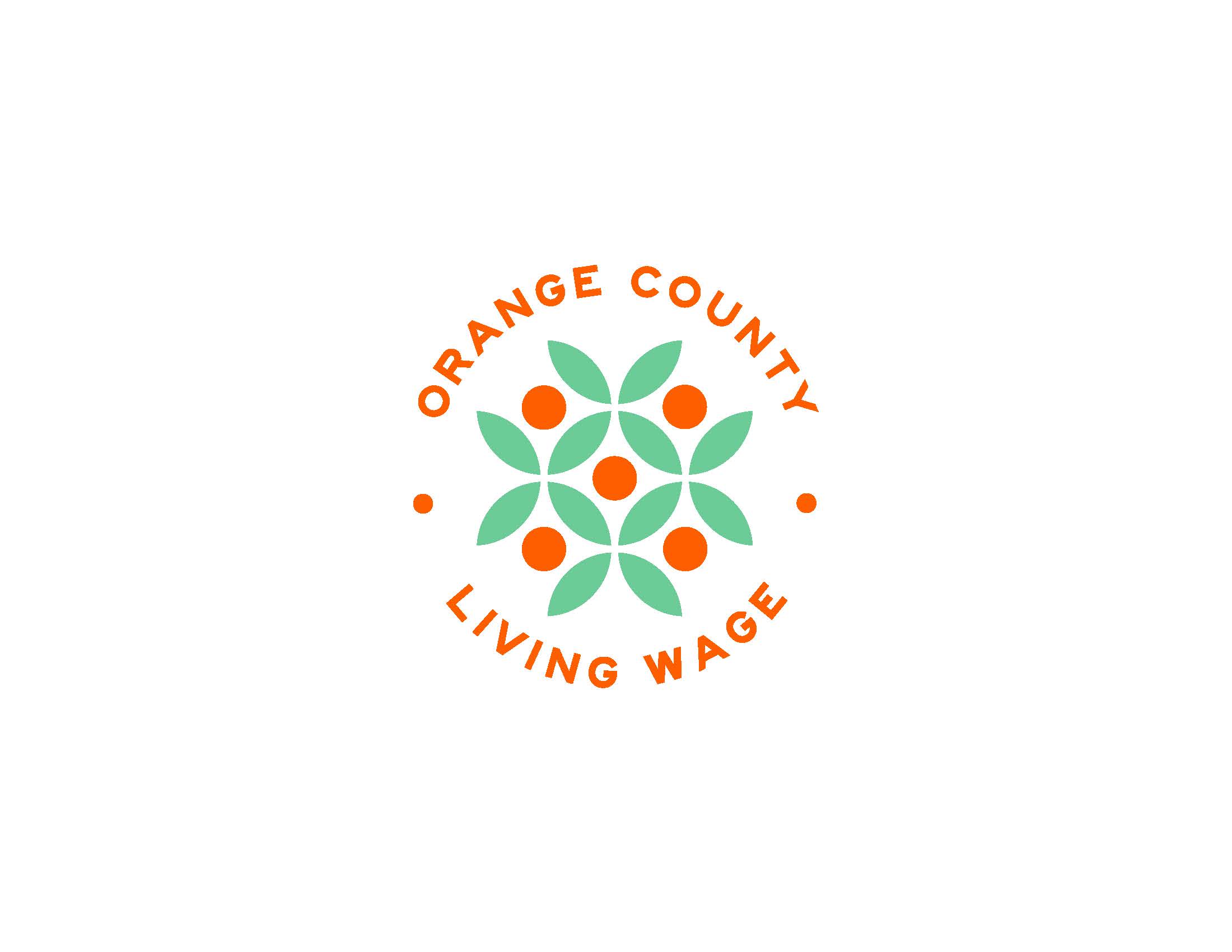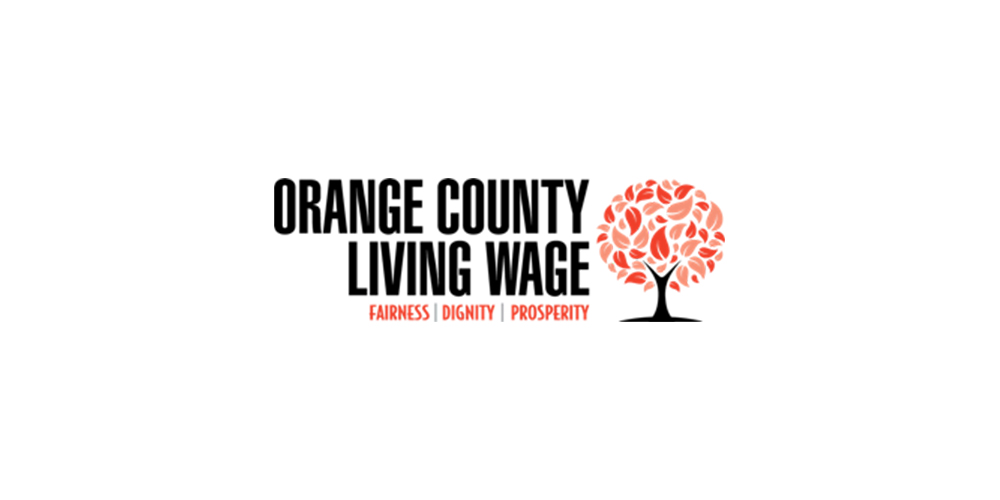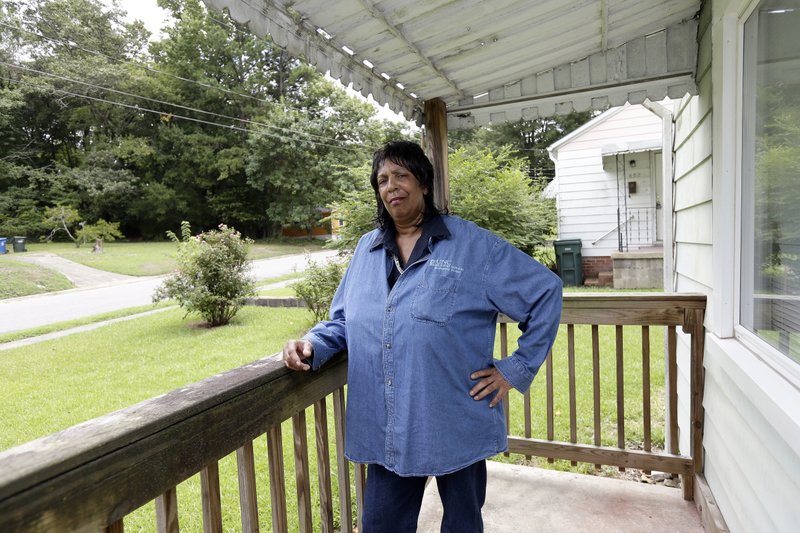While a nearly decade-old nonprofit in Orange County is preparing to formally shut down its operations, the work its volunteers are doing will not stop.
Orange County Living Wage announced it would fold as an organization at the end of December due to funding constraints. Co-founder of the effort Susan Romaine joined 97.9 The Hill’s Aaron Keck on the air to discuss the decision, but also where the group’s efforts may be focused on in the future — and how Orange County residents and living wage supporters can still make a difference even without the nonprofit’s direct guidance.
Below is a transcript of their interview, which has been lightly edited for clarity. To listen to the full conversation, click here.
Aaron Keck: So tell us — before we talk about the end of the organization, would you expand on the successes of the organization?
Susan Romaine: Yeah, we’re coming up on 10 years… 2015, that was the year it started. And, you know, it’s interesting story, Aaron, because when we were founded in 2015, the minimum wage in North Carolina had been $7.25 for six years. We were founded in a spirit of, ‘We’re not gonna fix the problem, but we’re gonna at least do something to bring about some incremental change’ — and that something being this voluntary living wage certification program. So, if we fast forward: minimum wage is still $7.25 in North Carolina, but year after year, the incremental change through Orange County Living Wage, I think has led to very significant impact on the community. We’ve lifted wages $3.5 million dollars, and a lot of the workers benefiting from these wage hikes are disproportionately women and workers of color. We have a job board that, especially during the labor shortage following the pandemic, [has] been really helpful for employers with job openings and matching those openings with people in the community looking for good-paying jobs.
Keck: And I think the, the residual effects are the secondary effects too. I don’t necessarily think county commissioners or economic development directors needed a big nudge on this, but it’s definitely the case that — now more than ever — when those economic development directors are reaching out and recruiting businesses, them paying a living wage is a big part of that conversation of, yes, we want you here in Orange County.
Romaine: And when you can give higher wages to folks especially at the lower end of the pay scale, they are not in a position to be investing in the stock market or even saving too much of that money. They’re going out and they’re finally able to get their hair cut, get their car fixed, replace some non-perishable foods with fresh foods, maybe buy their child a new soccer ball or basketball. All of that spending is a real shot in the arm for a local economy, and it also helps to grow our county coffers. So, we like to think of ourselves as a really good investment — not only in workers, businesses, our local economy, and also a good investment for our taxpayers.
Keck: So all that’s the good stuff… but you are shutting down. What’s the rationale behind that?
Romaine: During the pandemic, we really shined the spotlight on some of the social, economic health disparities in this country. And it really pointed out the need that we need to redirect and invest more heavily in programs and services that are gonna close some of these gaps. We’re talking about investments in affordable housing and affordable daycare, investments in mental health and behavioral health services… all of these things are so important. But it also meant that in the process of prioritizing direct services, nonprofits that are not involved in direct services are increasingly getting squeezed out of some of these resources. So, Orange County Living Wage does not deliver direct services — we deliver higher wages — and it’s been really difficult, very challenging environment for us to be able to sustain our operations, even for a mostly voluntary volunteer driven organization.
Keck: I was going to say, what did the funds go into in the first place?
Romaine: We have been almost entirely volunteer-driven since our founding in 2015. Over the last year, we were in a position to hire a part-time director, Debbie Everly — who’s been terrific and really led us [and] helped us navigate a lot of very challenging times. But other than that, our resources have really gone into certifying, promoting our living wage employers as much as we possibly can so that they’re in a position to continue to be paying these living wages.
Keck: So what’s next for you, and what’s next for the living wage movement in general?
Romaine: You know, whenever one door closes, we’re always looking for ways to open new doors. And just a quick background on this new door. The nonprofit Oxfam publishes each year a report called ‘Best and Worst States to Work In.’ And for the fourth year in a row, North Carolina ranks dead last 50 among the 50 states. Actually, we rank 53rd — we’re behind Washington D.C. and Puerto Rico as well. The reason for this is that other states have been stepping up and filling in the gaps that are left by some of the federal inaction. Thirty states, plus Washington D.C., have stepped up and lifted their minimum wage… not North Carolina. There is still a federal minimum wage of $2.13 for tipped employees. Dozens of states have eliminated that minimum wage for tipped employees… not North Carolina. Thirty-one states have an Earned Income Tax Credit that allows folks who are at the lower end of the pay scale — low-wage workers, working families — to keep more of their income, so that they can work and not live in poverty. But North Carolina eliminated our Earned Income Tax Credit in 2013, and we’ve never renewed it. Other states are now providing paid family medical leave, they’re providing child tax credits, they’re doing these things to add more affordability for working families.
I think the election showed, loud and clear, [that] working families in North Carolina and around the country are not feeling their voices are going to be heard. So, our job is to take Orange County Living Wage’s [efforts] and look for ways that we can build a bigger coalition to lift up these voices in our state legislature. Also, there has been some talk about even doing a ballot initiative around some of these issues. So… we evolve and reinvent ourselves to hopefully have an even bigger impact. That’s the conversation right now.
I couldn’t be more proud of the work Orange County Living Wage has done at the local level, but this was a effort to fill in a huge gap. To really have the impact that working families need in this state, we need to start looking at lifting minimum wages, eliminating the $2.13 minimum wage for tipped employees, affordable daycare, more affordable healthcare. We need to look for ways to not just raise wages, but also provide some of these wraparound benefits for our workers to help them make ends meet.
Keck: So with that in mind as the future, what happens to the work that Orange County Living Wage has been doing, which is certifying living wage employers here locally and encouraging those individual employers to raise wages?
Romaine: At least for the next year, our website will be live — and our website does include a directory of all 260 living wage employers. So we will have this opportunity to continue to publicize our employers, encourage people to seek them out, patronize them, so they can continue to be providing living wages. We are also encouraging our living wage employers to take a look at a national certification program — called Living Wages For Us — that bases its living wages on geography. They will have that source to help guide them. And people can still see these storefront decals, they can still see framed certificates as they go into some of these businesses, and just continue to frequent [those places] because they need our business.

Patrons can still identify certified businesses by the Orange County Living Wage stickers in their windows. (Photo via Orange County Living Wage.)
Keck: For people who want to pick up that local advocacy, you’ve been using a formula for determining the living wage. Is that formula available? Can people pick that up and continue to hold businesses accountable on that local level?
Romaine: Our formula that we’ve been using over the last nine years is something called the Universal Living Wage Formula. It is indexed to rent and it assumes that nobody is paying any more than 30% of their gross income toward rent. As we know here in Orange County, many people — as many as 30% of workers here — are paying well over 30% of their income toward rent. But it’s all to say… that is the formula we use. We have the very simple calculations are on our website, and they’ll continue to be over the next year. So, employers can seek that formula out — and also, the hope is that as employers get used to using that formula on their own, they can be doing these calculations moving forward.
Keck: What else should folks know about the future of the advocacy movement and about you?
Romaine: Well, let me just give a few words of gratitude. I want to first thank the 385 living wage employers who have been on our roster at some point over these last 19 years. They have been the heart and soul of our coalition. It’s not always easy to pay a living wage, and this is something that these employers were able to put some of their values into their business models, and we really appreciate the priority they have made this.
I want to thank all of the workers who really make this such a special place to live, and especially those workers who are working — in many cases — two, three or four jobs in order to provide for themselves, to provide for their families. I want those workers to know: we hear you, we see you, and the work will continue in order to find ways that you receive the dignity of your work — and you receive a little bit more cushion in your budgets.
I’d like to thank all of the supporters, donors, volunteers, board members, Debbie Everly — our director — who have really given of themselves so much in terms of dollars and time to the organization. And finally, Aaron, I want to thank you [and] WCHL. You’ve really lifted this [effort] up and a lot of our community awareness around living wages has been through groups and people like you. You have really led the way, and it’s much appreciated.
Chapelboro.com does not charge subscription fees, and you can directly support our efforts in local journalism here. Want more of what you see on Chapelboro? Let us bring free local news and community information to you by signing up for our newsletter.






